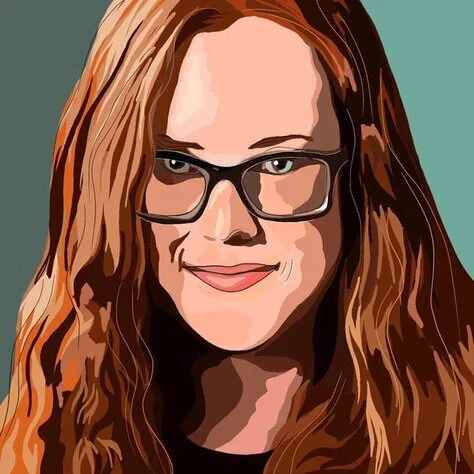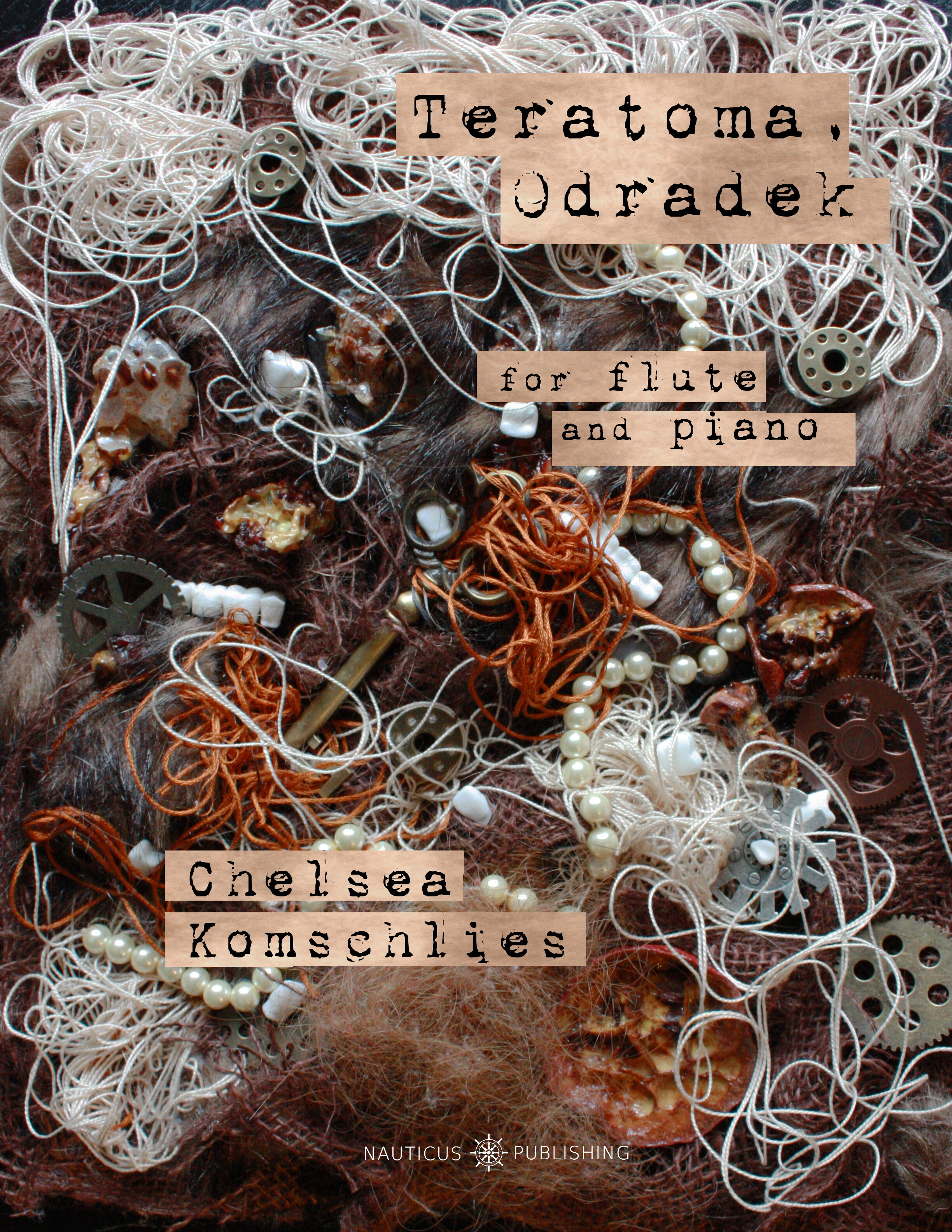Tucson Symphony
In Mycelialore Komschlies melds her interests in the human brain and fungi to create a fantasy world of mushrooms. Mycelium is the underground root-like structure of fungus. “The mycelium can form networks between trees and other plants, and there are many ways in which these networks can function like a human brain, like neurons firing. As a composer and fantasy enthusiast, I took that idea based in real science into a fantasy realm and asked the question: if these mycelium networks kind of function like a brain, then what if they had their own folklore and their own memory? If mushrooms can remember and tell their own stories, what would they say and how would they sound?”





